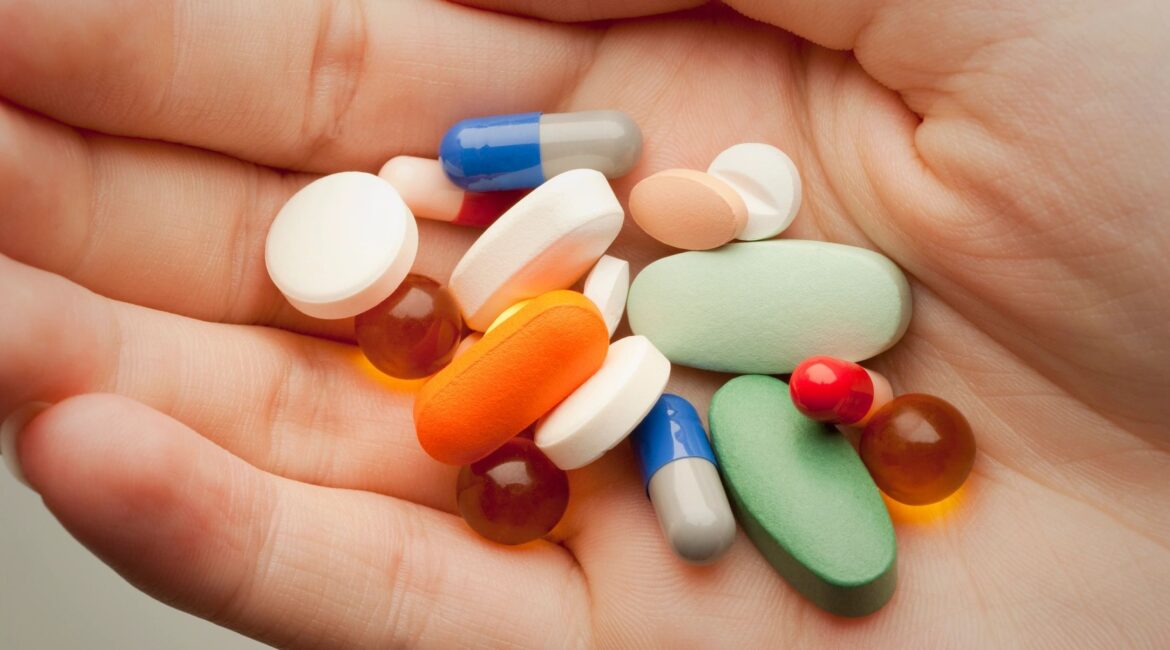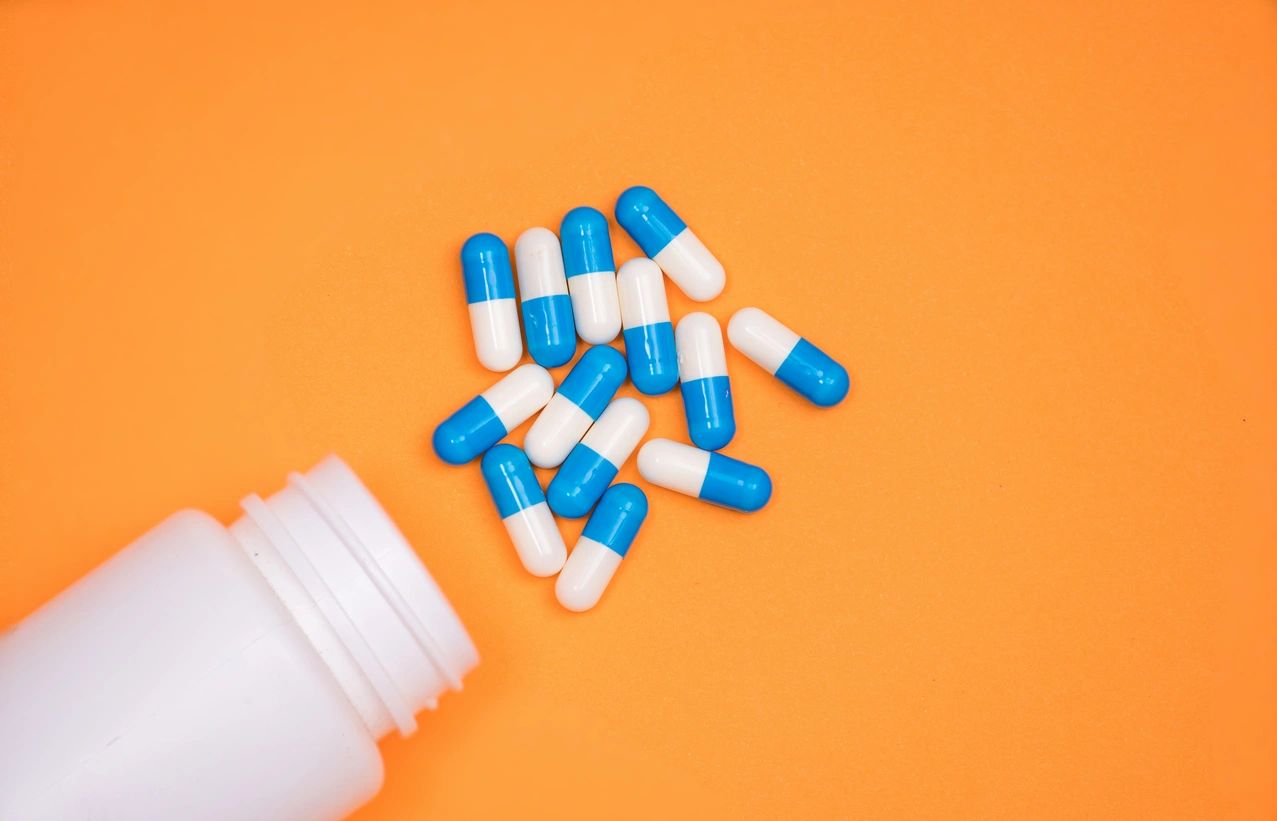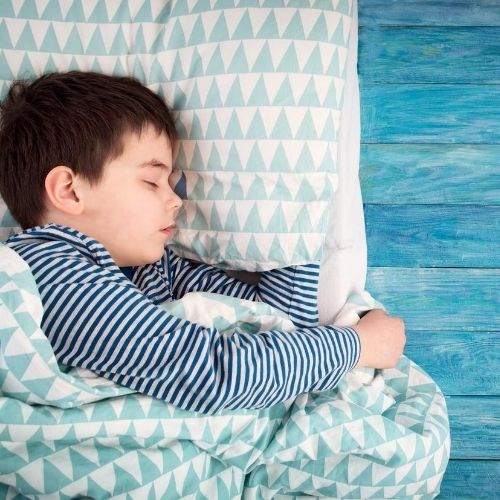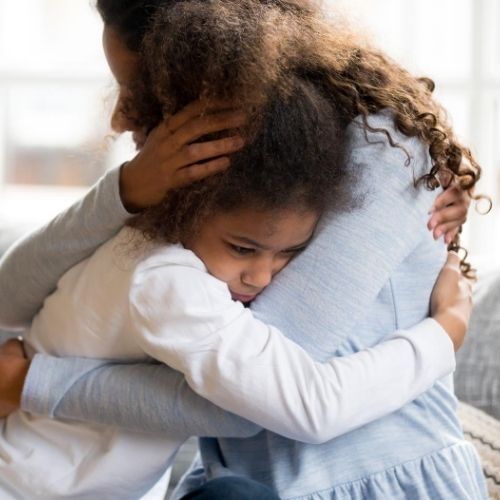Anxious children, especially severely anxious children, often benefit from the addition of an anxiety medication. Early treatment is important in these cases because children diagnosed with anxiety are also more likely to carry that anxiety and continue to develop it as they approach adulthood.
These medications may be beneficial to children and adolescents who are unable to go to school due to panic attacks, separation anxiety or social anxiety. Any medication used in a child should always be accompanied by a good therapist who engages the child, parent and sometimes school, if necessary. In fact, in 2019, researchers at Yale did a study showing that standalone parent therapy was just as effective as therapy directed to a child.
With so many different medications on the market, it can be overwhelming to find the right option for your child. The right medication for your child is out there, and working with a Child Psychiatrist is imperative to finding the right one to tailor to your child’s needs. At NowPsych, I will work with your child to find the best option for your family. Most anxiety drugs now used to treat childhood anxiety are not highly toxic and typically have mild side effects.
Anxiety Medication: Antidepressants
The most commonly used types of medications for anxiety are selective serotonin re-uptake inhibitors (SSRIs), as they typically have few side effects and can show improvements in about two weeks. Fluoxetine, sertraline, citalopram and escitalopram are examples of SSRIs. Despite being equally as effective as SSRIs, serotonin and norepinephrine re-uptake inhibitors (SNRIs) such as venlafaxine are less commonly used as they are associated with slightly higher rates of side effects.
Side effects of SSRIs
- Gastrointestinal distress: diarrhea, nausea, vomiting
- Headaches
- Dizziness
More rare, but concerning, side effects of SSRIs include:
- Increased anxiety
- Panic attacks
- Mania
- Hostility and aggression
- Akathisia (restlessness)
- Depression and suicidal thinking
Activation syndrome is considered to be a cluster of side effects including severe emotional reactions and/or behavioral activation. In some clinical trials, activation symptoms are responsible for about 12% of children leaving clinical trials.
Anxiety Medication for Insomnia
Settling down for bed is a typical time that anxious thoughts plague a child’s brain. After ruling out a medical cause, pharmacotherapy may be helpful in instances where cognitive behavioral therapy for insomnia (CBT-I) and healthy sleep practices have not proven effective.
First line medications include melatonin (1 to 9 mg), which can be purchased at a drug store. Next in line is typically a product containing diphenhydramine. Diphenhydramine in a dose of 25-50 mg, an antihistamine and allergy medication, may cause dry mouth, dry eyes and constipation and typically is not very effective when used for multiple days in a row. Other medications commonly used include trazodone and mirtazapine, both atypical antidepressants (see above). Other good options are clonidine and guanfacine, both which are used in children with Attention Deficit Hyperactivity Disorder (ADHD) and have proven safety and effective. WebMD has a good breakdown of typical pediatric sleep medications.
Benzodiazepines as Anxiety Medication
Benzodiazepines are used when a SSRIs work incompletely, or in the first two weeks of treatment when the SSRIs have not began to work.
Side Effects of Benzodiazepines
- Drowsiness, confusion, grogginess,
- Disinhibition (acting out or inappropriate behaviors)
- Oppositional behaviors
Rare, but concerning, side effects of Benzodiazepines include:
- Abuse or addiction
- Diversion or sale of the medications
- Suicidal thoughts
Antipsychotics Used as for Anxiety
Antipsychotics are typically used for schizophrenia and bipolar disorder, but when other agents don’t work, they are sometimes used in severe and treatment refractory cases of anxiety such as obsessive compulsive disorder (OCD). Risperidone, quetiapine and aripiprazole have some efficacy in reducing anxiety symptoms in children and teenagers.
Side Effects of Antipsychotics
- Weight gain
- Extrapyramadial symptoms: akathisia, acute muscle spasm, tremor
- Sedation
- Decreased emotional expression
Rare, but concerning, side effects include:
- Tardive dyskinesia (a possibly permanent motor tic)
- A cardiovascular event
- Neuroleptic malignant syndrome (symptom cluster including: mental status changes, muscle rigidity, high blood pressure and laboratory abnormalities)
Finding the right anxiety treatment for your child can be overwhelming, but the right mix can be such a great enhancement to your child’s success. Make an appointment with me today to discuss your best option and anxiety medication plan.








